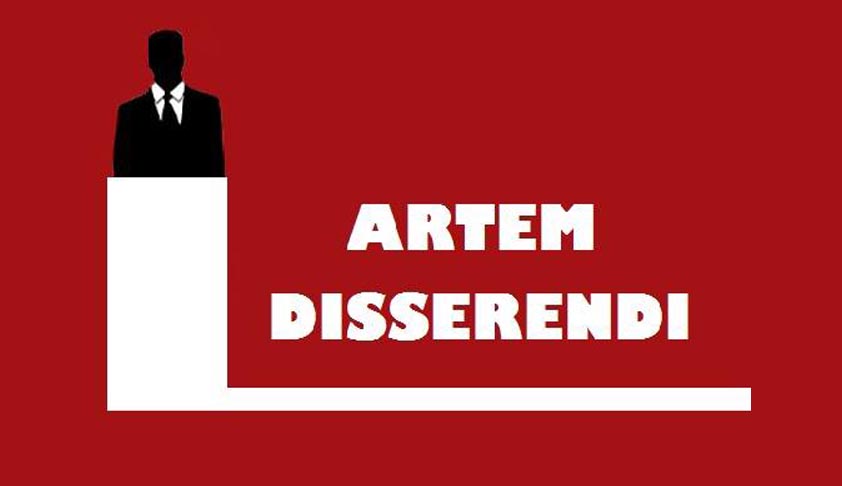- Home
- /
- Law Firms
- /
- Law Firm Events
- /
- Events Corner
- /
- ARTEM DISSERENDI; The British...
ARTEM DISSERENDI; The British Parliamentary Debate
Nikita Hora
21 Jan 2015 11:48 AM IST
The National University of Advanced Legal Studies, Kochi (NUALS) is organizing Artem Disserendi from 13th to 15th February 2015. The official format of the WUDC is The British Parliamentary Debate, but with a difference. The concept of a themed BP is being introduced, and it will be based on the concept of “A Changing Nation”.The reason to select this concept was due to the change that...
Next Story



